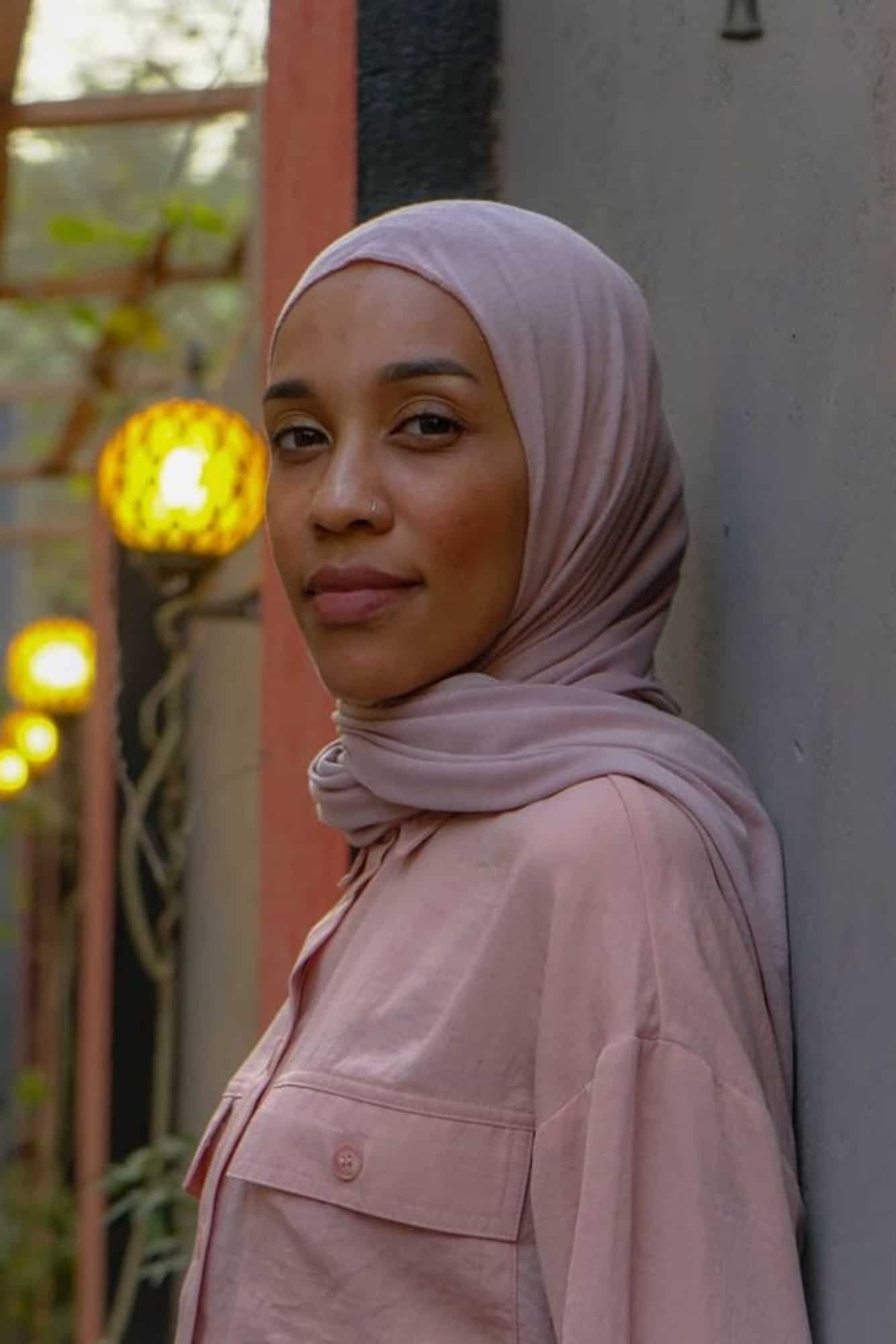When former SAS: Who Dares Wins instructor and host Ant Middleton called Black Lives Matter protesters “scum” and urged his Instagram followers to “carry on as normal” at the height of the pandemic in 2020, more than a few people – myself included – were concerned about the impact of his reckless comments. With over one million followers on his platform, his decision to use his reach to actively encourage people to dismiss advice on how to stay safe was downright irresponsible. But whether he was fuelled by the madness of lockdown or a desperate ego (or both), the scandal didn’t publicly affect his work commitments, until now.
Then at the start of March, Channel 4 announced it was axing the survival specialist due to his “personal conduct”, further explaining that “it has become clear that our views and values are not aligned.” Unfortunately, it’s unlikely that he was let go due to the comments last year alone, as he went on to film two more shows for the broadcast service following the controversy. However, the tweets undoubtedly affected the public’s opinion of him and generated negative press that Channel 4 are now capitalising on as a reason for letting him go (although again, there’s clearly more to it). Why keep someone on who causes so much trouble?
According to Ant himself, the television network’s statement was “reckless and desperate” and that the real reason they dropped him was because they knew he was leaving anyway and just wanted to “protect the brand”. On Instagram, he went on to claim that he is “proud to be an alpha male” and urged his followers to “be proud of who you are no matter what” because you can’t be “squeezed into a box that you don’t fit in”. The suggestion that he was ousted for being too much of a masculine man who says what he thinks and can’t be tamed is strange, because being an “alpha” (whatever that even means in 2021… probably nothing) has little to do with spreading false information and hurling abuse towards those engaging in important social movements.
Unfortunately for Ant, this fight with Channel 4 and his prior toxic comments were always going to be more publicised and criticised than other influencers because of his work in television. A mainstream form of media, TV has a wider audience range and so papers and publications keep a closer eye on stars for any slip-ups that they can report on. It is in the broadcaster’s best interest, therefore, to react or respond to scandals as negative press will also reflect poorly on them. The last thing Channel 4 wants is for the public to think that it’s anti-social distancing.
With a boss and the press to answer to, television stars have greater accountability compared to their social media counterparts. Looking at Ant’s Instagram account – many of the comments are in support of him because they are written by followers who already trust and respect his word, whereas the press focused more on Channel 4’s statement. Influencers are their own bosses and they preach to an audience who share similar views, hobbies and interests. They are much less likely to question them. While this freedom can result in unhindered creativity, it can also be a problem in that it allows for content creators such as PewDiePie and Jeffree Starr to continue to hold huge influence online – despite racist or sexist remarks – because their followers like this or are willing to look past it. With no one to call them out, these young, often impressionable viewers are only fed one narrative where these comments are normalised, without learning about the wider implications they can then have.
But with social media slowly becoming more mainstream and attracting the attention of the press, these seemingly untouchable stars may find themselves having to start taking responsibility for their actions, just like Ant.
By Lucinda Diamond, food and travel editor of CORQ.









How and why comment sections are shaping content on social media